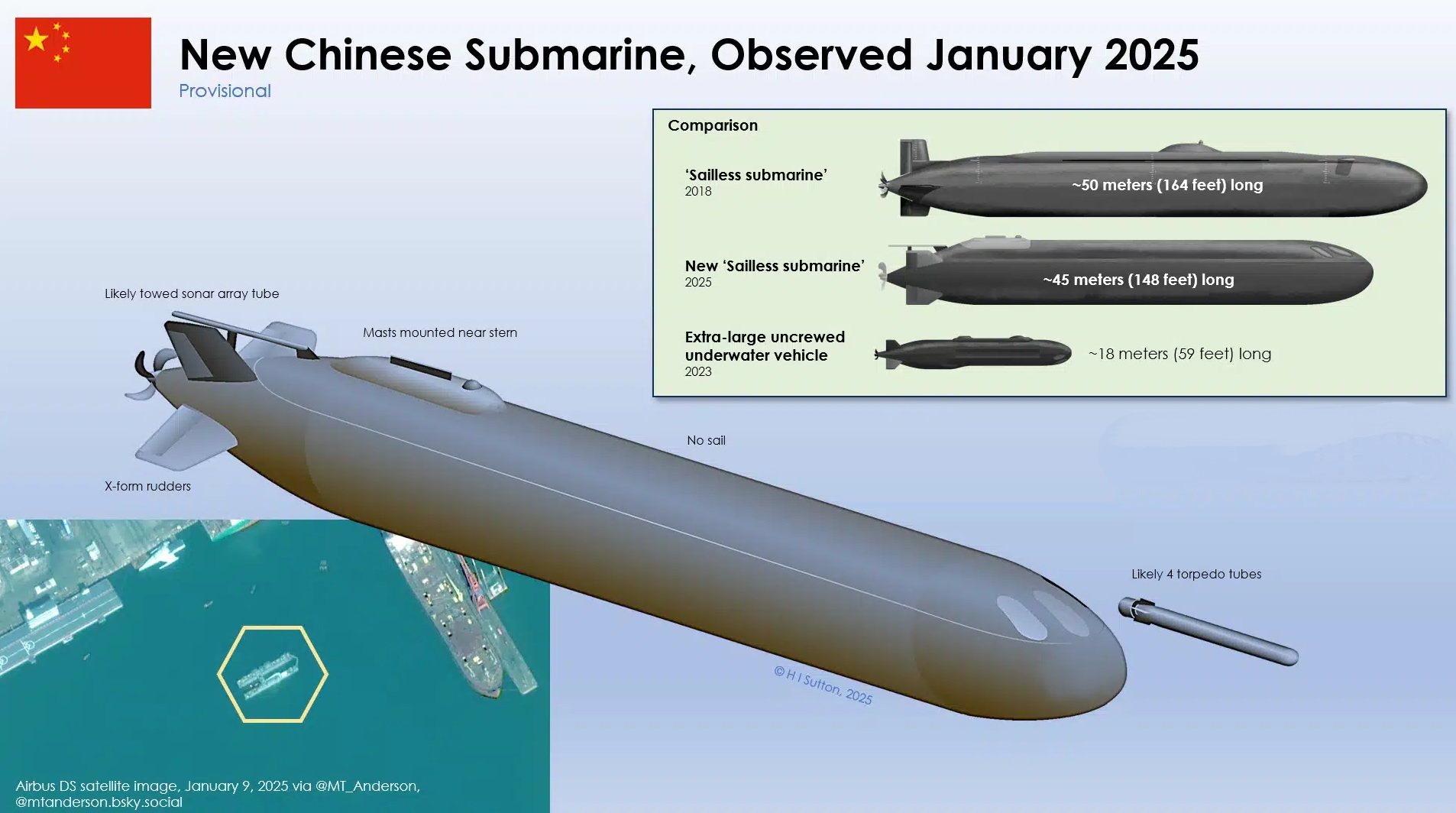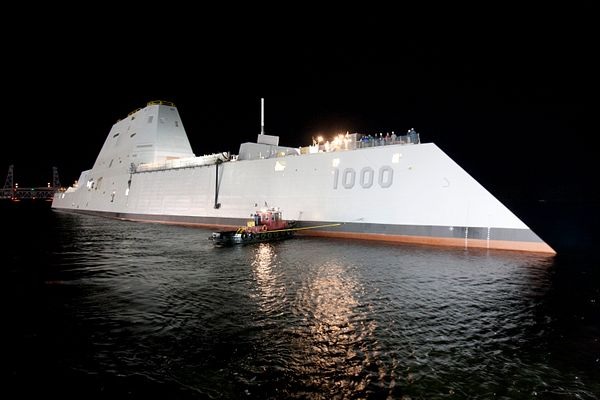Nigeria Eyes TEJAS Jets As It is Unhappy With Its 3 Chinese Made JF-17 Fighters

Defense News ,India :-
In early December, Hindustan Aeronautics Limited (HAL) officials
revealed ongoing discussions with Nigerian representatives regarding the
potential acquisition of Tejas light fighters by Nigeria. This
announcement highlights the strong ties between the two nations and
underscores India growing defense industry alongside Abuja pressing need
for modern equipment to address escalating security challenges in its
region.
The prospect of Nigeria opting for the Tejas fighter
presents a unique situation, illustrating the non-alignment stance of
Southern countries. Currently, Nigeria operates three JF-17 Thunders of
Pakistani/Chinese origin. The decision not to expand its inventory with
Tejas fighters may suggest reservations about the Thunder performance.
Nevertheless,
Nigeria continues to leverage a fleet of Chinese unmanned assets,
including CH-3, CH-4, and Wing Loong II UAVs, for its military
operations. Despite this, the longstanding military relations between
India and Nigeria, both former British colonies, trace back to the early
1960s when New Delhi assisted in establishing the Nigerian Defence
Academy and Naval College.
The partnership gained momentum in
2007 with the signing of a Memorandum of Understanding, paving the way
for joint military training, exchange programs, and collaborative
deployment for UN peacekeeping operations. Over the years, both nations
have engaged in best practice exchanges and discussions, particularly in
the realm of counter-terrorism, as witnessed in 2021 during a period of
heightened jihadist attacks.
The collaborative efforts were
further strengthened by the establishment of five joint defense
coordination committees in the 2010s, albeit slowed by the COVID-19
pandemic. Despite these challenges, the Indian frigate INS Tarkash made a
significant visit to Lagos in 2022, symbolizing joint counter-piracy
efforts in the Gulf of Guinea.
This mission not only showcased
India commitment to global anti-piracy operations but also signaled its
geopolitical ambitions. Given that India imports a significant portion
of its crude oil from Nigeria annually, ranging between 8% and 10%, the
joint operation served as a demonstration of India willingness to
provide security guarantees.
India, traditionally reliant on oil
imports to fuel its economy, now exhibits the capability and
determination to extend its naval presence beyond conventional theaters
of operation. This move signifies India proactive measures to secure its
vital supply routes independently, a departure from the historical
precedence set by Western states and later emulated by China to
establish themselves as influential powers in the global order. India,
in its own distinct way, is now aspiring to attain a similar status on
the world stage.



